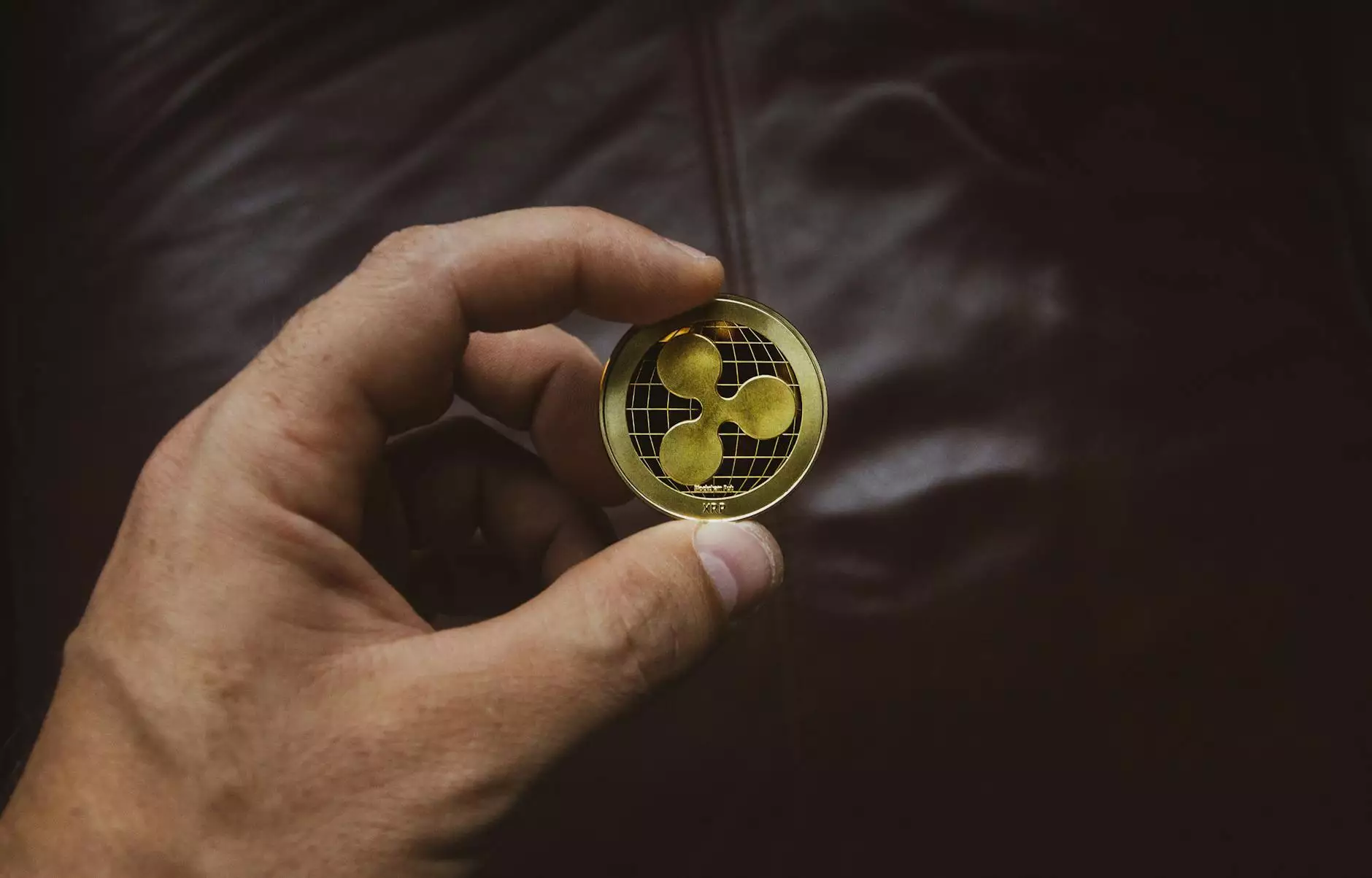The Fascinating World of Hallucinogens in Health and Medicine

Hallucinogens have long intrigued researchers, healthcare professionals, and the general public due to their profound impacts on perception, cognition, and emotional states. Although traditionally viewed through a lens of caution, modern studies are uncovering potential benefits of these substances in various medical fields.
What are Hallucinogens?
Hallucinogens are substances that significantly alter an individual's sensory perceptions, thoughts, and feelings. They can be categorized into two main classes: classic hallucinogens and deliriants.
Classic Hallucinogens
Classic hallucinogens include compounds like lysergic acid diethylamide (LSD), psilocybin (found in magic mushrooms), and mescaline (derived from peyote cactus). These substances primarily act on serotonin receptors in the brain, promoting alterations in mood, cognition, and perception.
Deliriants
Deliriants, on the other hand, tend to cause confusion and an altered mental state rather than the vivid sensory experiences associated with classic hallucinogens. Common examples include atropine and scopolamine, which can be found in various plants.
The Medical Potential of Hallucinogens
In recent years, extensive research has been conducted on the medical applications of hallucinogens, aiming to harness their effects for therapeutic purposes. Different scientific studies have examined their impact on various mental health conditions, including:
- Post-Traumatic Stress Disorder (PTSD)
- Depression
- Anxiety Disorders
- Addiction and Substance Abuse
- Obsessive-Compulsive Disorder (OCD)
Research on PTSD
One of the most promising areas of research is the use of hallucinogens to treat PTSD. Studies, including those conducted by organizations like MAPS (Multidisciplinary Association for Psychedelic Studies), have shown that MDMA, a compound often classified as a hallucinogen, can help individuals recount traumatic experiences in a therapeutic setting. This paves the way for new avenues of treatment, providing hope to many who suffer in silence.
Depression Therapy
Clinical trials investigating the effects of psilocybin on treatment-resistant depression have demonstrated significant potential. Patients report profound changes in perspective on their conditions, often leading to enduring improvements in mood and well-being after a single or limited number of sessions.
Addressing Anxiety Disorders
Hallucinogens have also shown promise in alleviating anxiety, particularly in terminal illness patients. Research published in prestigious journals has highlighted that patients experience reduced anxiety and improved mood following administered doses of psilocybin or similar hallucinogenic substances.
The Mechanism of Action
Understanding how hallucinogens function on a biological level enhances their appeal for health applications. These substances primarily interact with the brain's neurotransmitter systems, especially the serotonin system. This interaction leads to altered states of consciousness and various emotional responses, which can be harnessed therapeutically.
Neurotransmitter Interaction
Hallucinogens such as LSD and psilocybin act as agonists at the 5-HT2A serotonin receptor. This action can significantly influence brain activity, particularly in areas responsible for emotions, cognition, and sensory perception, leading to the profound experiences associated with these substances.
Societal Impact and Considerations
Despite the exciting potential of hallucinogens, there are important societal considerations and ethical questions surrounding their use. Public attitudes towards these substances have evolved, particularly with increasing awareness of their medical prospects. Nonetheless, education and harm reduction are crucial as society navigates this rapidly changing landscape.
Regulation and Legal Status
The legal status of hallucinogens varies across countries and regions. While some jurisdictions have decriminalized or legalized the medical uses of compounds like psilocybin, others maintain strict prohibitions. It is essential for potential users, healthcare professionals, and lawmakers to engage in informed discussions about appropriate regulation to ensure safe access.
Ethical Considerations
As research continues to evolve, ethical considerations surrounding the use of hallucinogens in treatment are paramount. Issues of informed consent, potential for abuse, and the psychological safety of patients receiving treatment must be carefully addressed in clinical settings.
The Future of Hallucinogens in Medicine
The future of hallucinogens in the health and medical field looks promising. Ongoing research and clinical trials are crucial for understanding their full potential and for determining safe usage protocols. As knowledge accumulates, we can expect more innovative therapies that incorporate these substances into mainstream medicine.
Conclusion
In conclusion, while the word hallucinogeen may evoke images of recreational drug use, it is essential to recognize the significant strides being made in the field of medical research. The potential benefits of hallucinogens for the treatment of serious mental health conditions could revolutionize modern medicine. As we forge ahead, it is crucial to strike a balance between curiosity and caution, ensuring that these powerful substances are used responsibly and effectively for those in need.
Your Next Steps
If you or someone you know is interested in exploring the potential of hallucinogenic therapies, it’s vital to consult with a qualified healthcare professional. They can provide guidance based on the latest research and individualized care options.
For more detailed information on hallucinogen-related health topics, please visit vapotheek.com.









